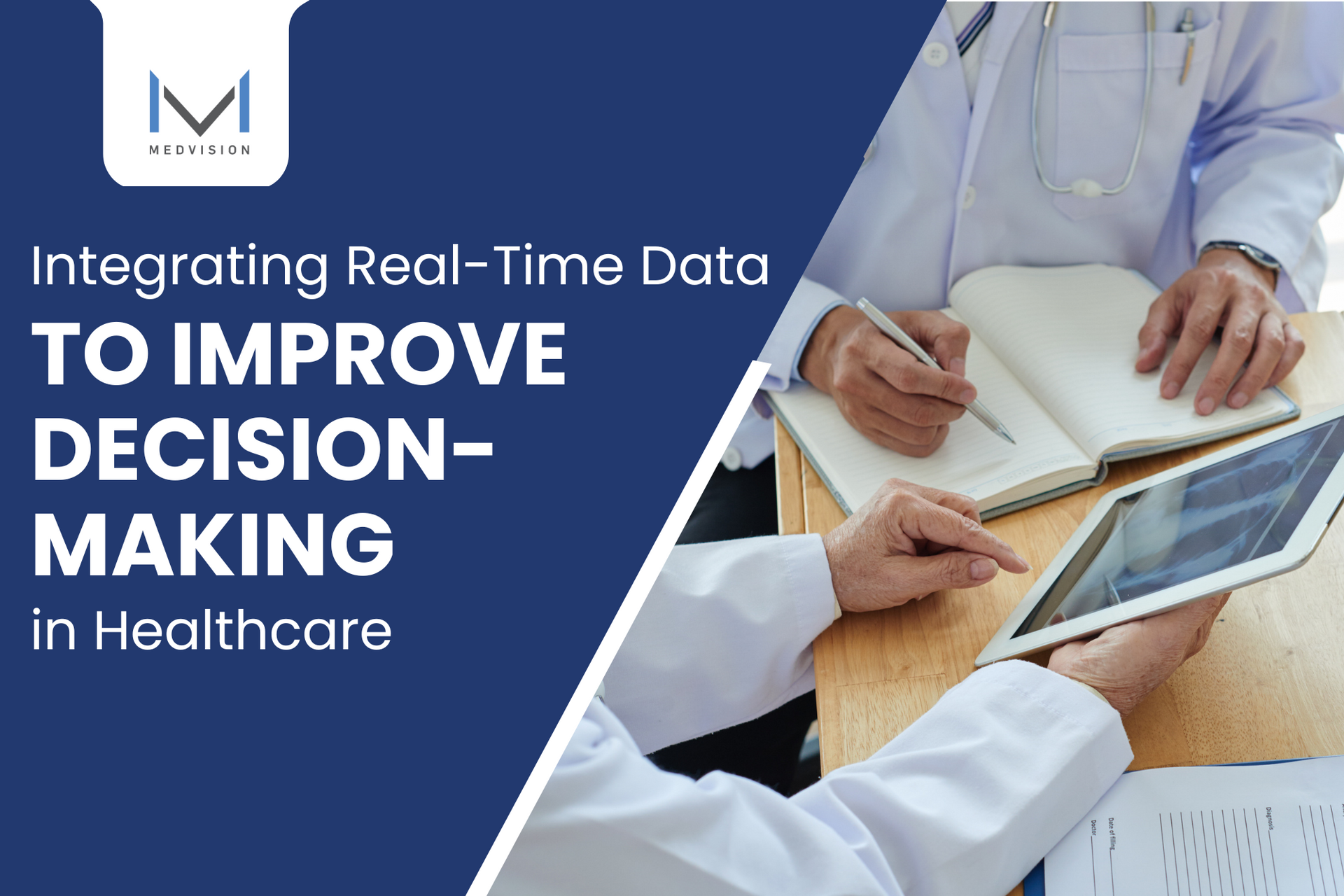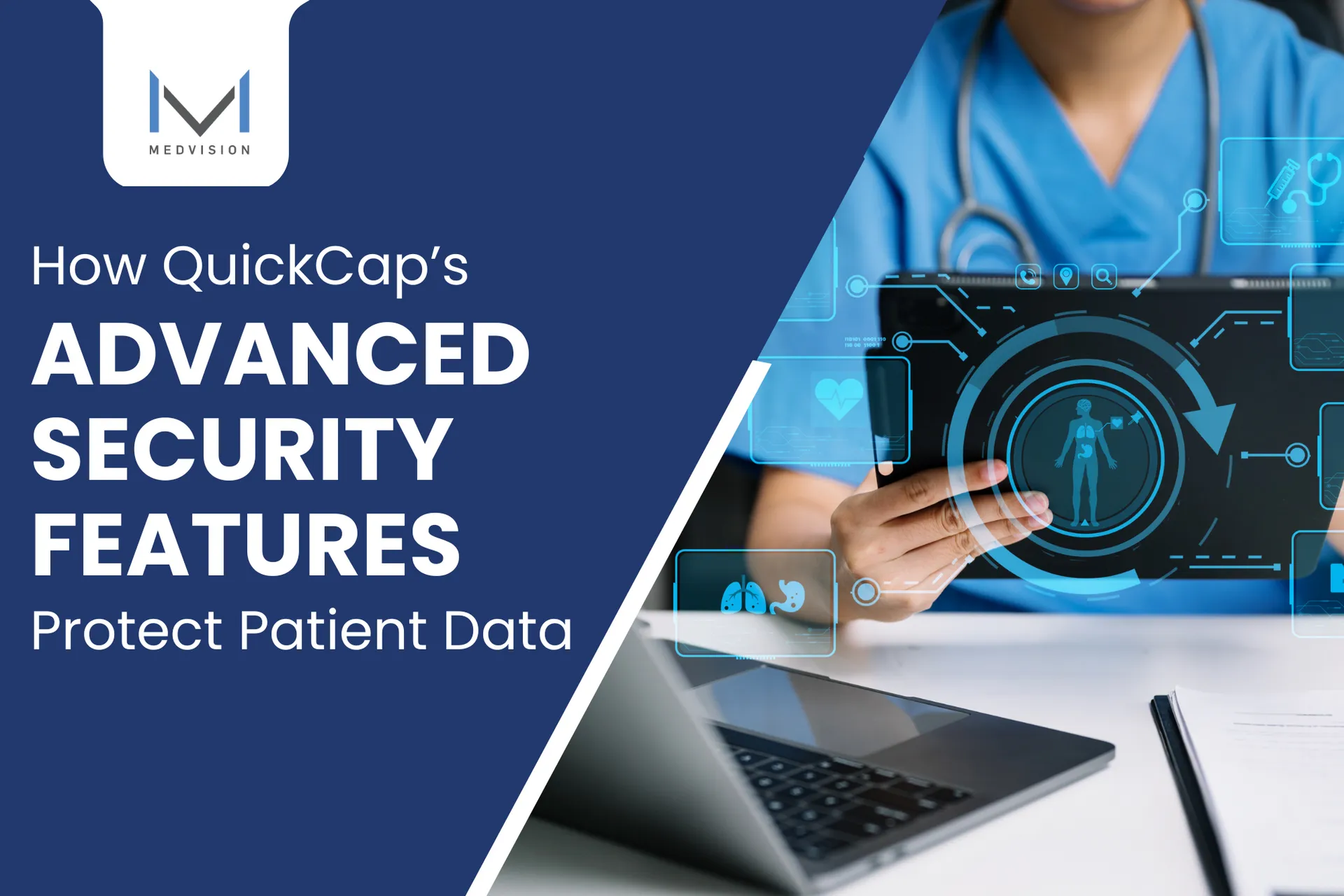Here’s What You Need to Know to Avoid HIPAA Violations
Healthcare is increasingly becoming an important asset, making security even more relevant than ever to protect data at all costs. As healthcare continues to improve with technology, organizations have been swiftly migrating to digital storage systems, electronic devices, and artificial intelligence (AI) assisted administrative functions to meet the demand.
Focused on universally-accepted standards for security and privacy of patient health information (PHI), the Department of Health and Human Services (HHS) and the Office for Civil Rights (OCR) developed the Health Insurance Portability and Accountability Act of 1996 (HIPAA). As a series of intertwined regulatory policies to safeguard the privacy, security, and integrity of PHIs, healthcare organizations need to know more on how to be compliant with these rules to avoid HIPAA violations.

Identify Frequently Committed HIPAA Violations
HIPAA violations can come in many different forms and as such, and you need to know the first step to avoid committing any offenses. Data protection is the core aspect of HIPAA policies. This includes physical data security, secure data encryption, and the electronic data interchange (EDI) system that is used to document, transmit, and store data.
Healthcare data protection is incredibly business-critical. Data breaches and privacy violations can lead to emotional and mental damages as well as financial and medical identity theft. The said complications are usually caused by HIPAA violations including:
- Willful or accidental exposure of PHI and ePHI to unauthorized parties
- Lack of proper security HIPAA-approved security measures
- Failure to notify appropriate points of contact upon relevant data breaches
- Improper administrative and training protocols
- Reluctance to update, upgrade, or even address violations
These common violations fall under two HIPAA guidelines, which are:
PHI Protection and Privacy
The HIPAA Privacy Rule lays down guidelines for establishing patient privacy rights, expanding into electronic PHI (ePHI) forms. These guidelines protect past, present, or future documentation, care, payments, and other personal healthcare details. On top of this, the policies ensure that the manner of PHI and ePHI protection, use, and transmission are all strictly enforced.
Physical, Technical, and Administrative Security Measures
Fundamental aspects of healthcare data management require strict security standards. This is to implement patient privacy rights, security controls, and countermeasures to ultimately prevent data breaches by malicious third parties. These standards outlined by HIPAA policies include technology protocols, administrative safekeeping, physical safeguards for information processing devices, secure cloud computing, and anything else that could interfere with the safety of ePHI:
- Administrative safeguards with procedures and policies that protect the maintenance, risk management, system design, and technologies related to all security measures, including employee training by Human Resources.
- Physical security standards with required authorized access to physical equipment, including storage areas and access.
- Technical cybersecurity protocols that secure devices, networks, data encryption, and cloud storage from unauthorized access and attacks.
As a general rule, covered entities such as hospitals, doctors, clinics, insurance agencies, and their business associates are
required to protect these sensitive data. Failure to do so can involve penalties and fines. As a result, organizations can taint their credibility. This can lead to reduced brand confidence and financial degeneration. Certain situations are allowed for covered entities to disclose PHI and ePHI, such as specific care, research, or legal scenarios. These exceptions can be quite narrow and are subject to interpretation in courts of law.
Key Points for Healthcare Organizations to Stay HIPAA-Compliant
The easiest and simplest way to avoid HIPAA violations is to stay compliant in all required aspects across the whole process. Virtual attacks seem to target data protection measures more and more through malevolent viruses, phishing attempts, insidious malware, and outright hacking. To ensure that these are kept at bay, healthcare organizations benefit by keeping the following components in mind:
- Create administrative policies to align with HIPAA Privacy and Security rules with data access and management to fully enforce these rules.
- Develop security technologies that include secure encryption for data that are in transit, in use, and at rest through centralized access management controls.
- Contain device access digitally and physically to reduce unlawful data breaches and where possible, store PHI on cloud storage that eliminates any possibility of storing sensitive data on physical devices.
- Update data protection software frequently and regularly through credible security technology suppliers that focus on HIPAA compliance through approved cloud technologies and encrypted data transfers and warehousing.
- Audit applicable processes that are involved in securing data protection to ensure full data access trail as well as identify potential data gaps and breaches.
- Assign, train, and manage HIPAA compliance officers to enforce data protection and security all across the organization.

Secure Your Data with the Right Healthcare Solutions
There are a number of software suppliers that can offer the right data protection measures with extensive capabilities. Data confidentiality through the latest encryption technology in information file transfers, storage, communication, and management is necessary to facilitate HIPAA compliance.
As one of the leading healthcare solutions for over two decades, MedVision constantly ensures data integrity, security, and encryption protocols for its numerous serviced organizations. MedVision’s
value-based healthcare solutions, QuickCap 7 (QC7), firmly insulates your data from malicious software and cyber attacks with robust encryption capabilities that meet and exceed HIPAA requirements.
Aside from its powerful data protection protocols, QC7 allows you to identify and assign users for specific functions, access, and roles such as audit officers. You can also manage sensitive payment and financial information such as institutional claims, professional claims, and claim payment details using the EDI-related platforms. You can even view reports that show the multiple vital aspects of your organization such as credentialing, security, report trails, and profitability.
Being compliant with stringent security measures is of utmost importance in avoiding HIPAA violations. At MedVision, we constantly support the healthcare vision of your organization through continuous security data developments and data protection protocols.
Protect Your Organization from HIPAA Violations Today.
Recently published articles
Keep in touch
Subscribe to get the latest update
Trending topics
Share your insights on social media
Upcoming events and company news















